THREAD: arizona lawmakers overturn near total...
LifeLine™ Media threads use our sophisticated algorithms to construct a thread around any topic you want, providing you with a detailed timeline, analysis, and related articles.
News Timeline

UK SUPREME COURT Sparks Fury: “Woman” NOW Means Biological Female Only
— The UK Supreme Court has ruled that, by law, the word “woman” means only those born biologically female. This decision leaves transgender women out of the legal definition. The ruling is already causing heated debate across Britain.
Women’s rights groups cheered outside the court. They say this protects single-sex spaces and keeps women’s sports fair. Justice Patrick Hodge said using “certificated sex” would confuse laws and stressed that protections for transgender people still exist.
Opponents argue the decision strips transgender people of legal recognition and rights. Political leaders are now calling for new laws as protests break out across the country.
This major ruling will shape future debates about gender identity and legal rights in Britain for years to come.
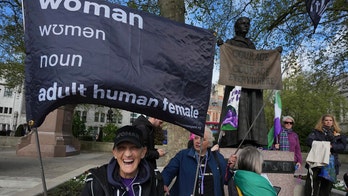
UK SUPREME COURT’S Bold Woman Ruling Sparks JOY And Outrage
— The United Kingdom’s Supreme Court has ruled that a woman is someone born biologically female. This decision means transgender women are not included in the legal definition of a woman under the U.K. Equality Act. The court said transgender women can be kept out of single-sex spaces like changing rooms, homeless shelters, and medical services meant for women only. Even those with legal documents saying they are female do not count as women for these rules. Justice Patrick Hodge explained, “This does not remove protection from trans people.” He stressed that they still have rights against discrimination based on gender reassignment. Women’s rights activists cheered outside the Supreme Court after hearing the news. Meanwhile, transgender activists slammed the decision and urged lawmakers to push back, but supporters say this ruling protects biological women in important spaces.

UK SUPREME COURT’S Bold Ruling Defines “Woman”—Sparks Relief And Outrage
— The UK Supreme Court has ruled that a woman is someone born biologically female. This means transgender women are not included in the legal definition of a woman under British law. Groups can now limit single-sex spaces, like changing rooms and shelters, to biological women only. Justice Patrick Hodge explained that this ruling does not take away protections for transgender people. He said using “certificated sex” instead of biological sex would make the law confusing and unclear. Women’s rights advocates cheered outside the court after hearing the decision. Many see it as a win for common sense and safety in public spaces. This landmark ruling is sure to fuel more debate about gender identity and legal rights across Britain. Both sides are preparing for what comes next in this heated national conversation.

UK ASSISTED DYING Bill Shock: Parliament’s Bold Move Stirs Debate
— The UK Parliament has decided to remove the need for judicial approval in the controversial ASSISTED DYING BILL. This decision has sparked intense political and public debate. The change marks a significant shift in how assisted dying will be regulated across the nation.
In a diplomatic move, the UK government revoked accreditation for two Russian diplomats amid rising espionage concerns. This action mirrors steps taken by Russia and highlights ongoing tensions between the two nations. The decision underscores Britain’s firm stance on national security issues.
A maritime incident in the North Sea led to the arrest of a cargo ship captain on suspicion of manslaughter after colliding with an oil tanker. This raises critical questions about maritime safety regulations in British waters. Authorities are conducting thorough investigations to determine accountability and prevent future occurrences.
Environmental concerns at Lake Windermere have prompted government action following severe pollution from sewage overflow. The UK government has pledged immediate measures to clean up this iconic beauty spot as part of its broader environmental restoration efforts. Meanwhile, Prime Minister Keir Starmer faces criticism for blocking a bill banning first-cousin marriages due to health risks, reigniting debates on public health policy and cultural traditions.
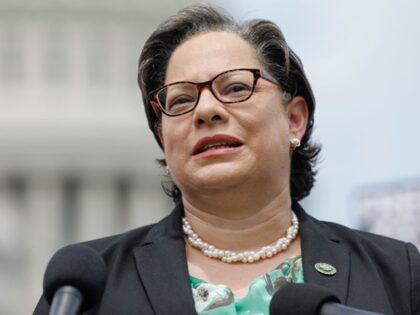
DEMOCRATS BLOCK Bill to Protect Women’s Sports: Heated Debate Ensues
— Democrats in the Senate recently blocked a bill aimed at banning biological men from competing in women’s sports. The Protection of Women and Girls in Sports Act faced a filibuster, despite its clear language stating that sex should be recognized based on reproductive biology and genetics at birth.
During a heated exchange, Leland Vittert questioned how Democrats can claim to represent American values while opposing such measures. Jennifer McClellan argued against the bill, suggesting it would lead to invasive practices like checking children’s physical characteristics to enforce compliance. Vittert dismissed this as a “false talking point,” emphasizing that birth certificates already indicate sex.
McClellan maintained her stance, insisting that enforcement would require intrusive actions, which she believes are unacceptable. This debate highlights ongoing tensions between protecting women’s sports and addressing concerns about privacy and discrimination.
The issue remains contentious as both sides grapple with balancing fairness in sports with individual rights and freedoms. Conservatives argue for clear definitions based on biology, while opponents raise concerns about potential overreach and privacy violations.

TRUMP Administration’s SHOCKING Move to Help Migrant Children
— The Trump administration has unexpectedly reinstated legal aid for migrant children. This decision is a big change from its earlier stance, which took away important legal protections for these young individuals. The move has stirred mixed reactions among lawmakers and advocacy groups.
Advocacy groups and Democratic lawmakers had pushed the administration to provide legal help to migrant children, saying it’s vital for protecting their rights. Before this, the administration argued that offering legal aid would encourage more migration, which drew criticism from humanitarian organizations and legal experts. The renewed program aims to help unaccompanied children navigate the complex U.S. immigration system.
Trump’s announcement stressed a commitment to ensuring vulnerable kids are not left alone in the legal process. Key figures in his team highlighted the need to balance border security with humanitarian responsibility. While advocacy groups welcomed this as a positive step for children’s rights, some Republican lawmakers worried about potential impacts on border security and immigration control.
The issue of providing legal aid to migrant children remains heated within U.S. immigration policy debates, focusing on enforcement versus humanitarian assistance balance. This development highlights a renewed focus on migrant children’s rights amid ongoing discussions about border security and reform under Trump’s leadership.
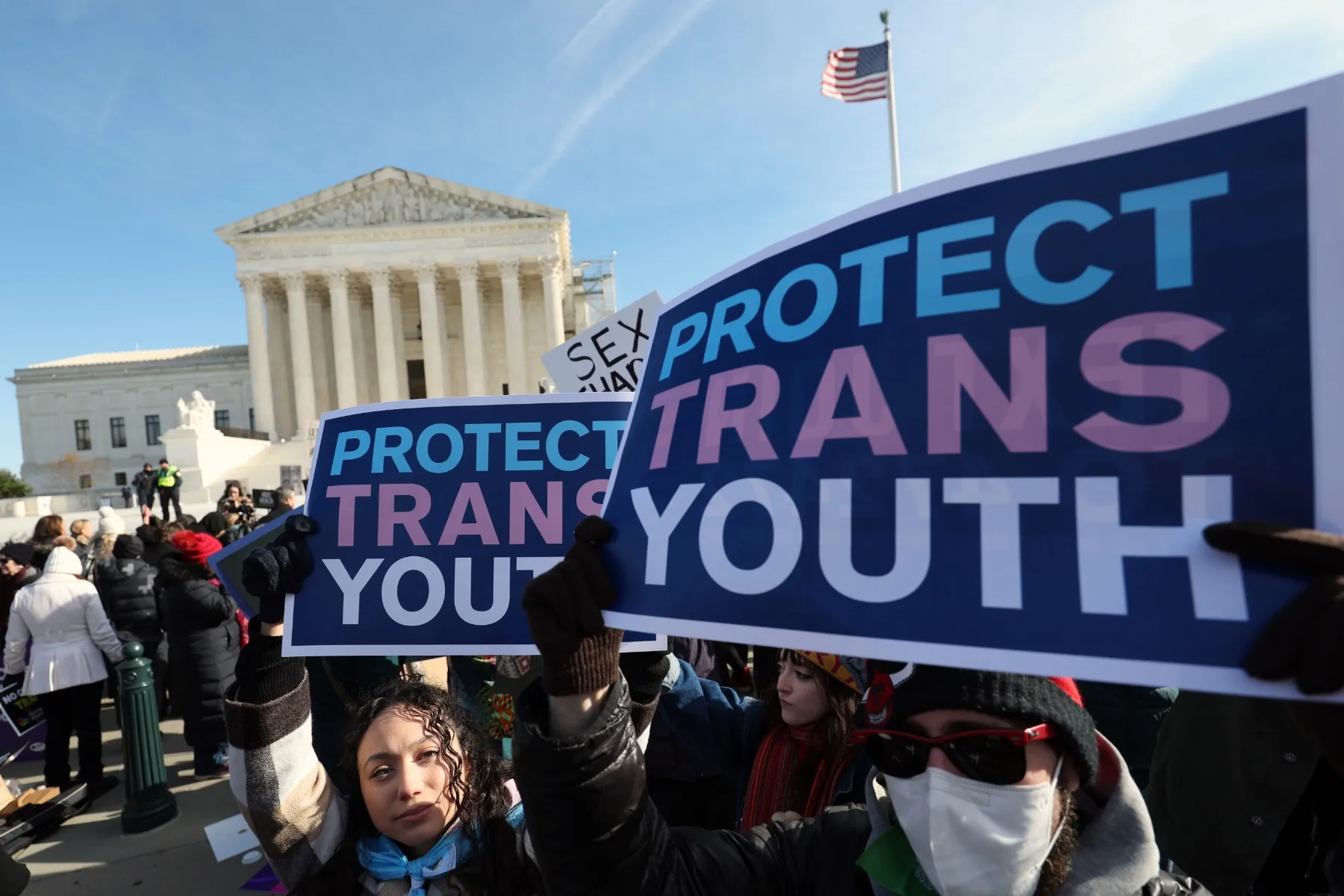
FEDERAL Judge BLOCKS Trump’s Order: Trans Youth Care Sparks Fierce Debate
— A federal judge has temporarily stopped former President Donald Trump’s order that restricted gender-affirming care for transgender youth. This decision keeps things the same while legal reviews are ongoing. Advocates argue the order limits access to important medical services for transgender minors.
Reactions are mixed. Supporters of transgender rights celebrate the ruling as a win for healthcare access. Opponents claim it undermines parental rights and healthcare providers’ decision-making abilities. This case is part of a bigger national debate on transgender rights and healthcare laws.
The Trump administration’s order faces many court challenges, showing public opinion divides over gender identity and healthcare issues. As states introduce conflicting laws, this ruling might affect similar cases across the country.
This development highlights tensions between state and federal rules on transgender healthcare, reflecting complex legal frameworks around gender identity in the U.S. The outcome could shape future legislation in different areas nationwide.
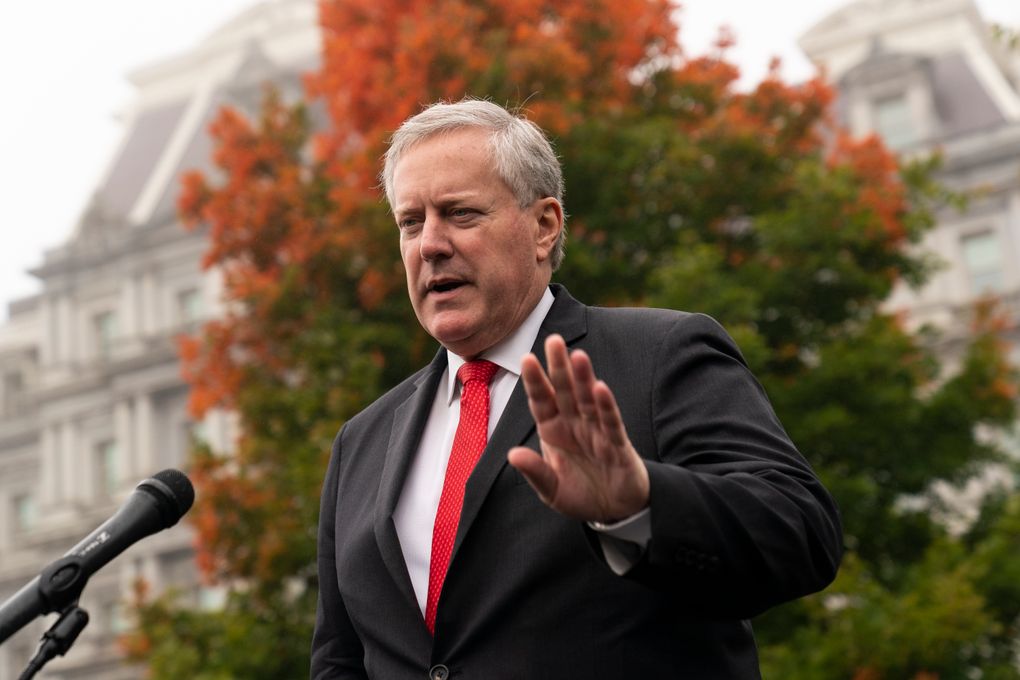
ARIZONA ELECTORS Celebrate Legal Triumph
— Arizona’s so-called fake electors scored a major legal win in their fight to dismiss a criminal case against them. The case, led by Democratic Attorney General Kris Mayes, was challenged under an Arizona law that prevents politically motivated prosecutions. The electors argued the prosecution violated Arizona’s anti-SLAPP law, claiming it aimed to retaliate against their constitutional rights.
CRYPTO HACKS SURGE AS ILLEGAL DEALS FALL
The TRM Labs 2025 Crypto Crime Report shows a drop in illegal crypto transactions but a rise in hacks and misuse by bad actors. This trend underscores ongoing security worries in the crypto world. Legal experts are advised to stay alert as these cyber threats continue to change and grow.
WOMAN CHARGED WITH CHILD ENDANGERMENT IN OXFORD
An Oxford woman is charged with leaving three kids alone in a car while she drank nearby. Raleigh police found the children safe after responding around 12:45 a.m. This incident raises serious questions about child safety and potential legal consequences for negligence.
Ocean City Elementary School went into lockdown due to an unspecified threat, which was later deemed unverified, allowing normal activities to resume safely for students and staff alike.

22 STATES FIGHT Trump’S Bold Birthright Citizenship Order
— A group of 22 states is suing to block President Trump’s executive order ending birthright citizenship. This is part of a larger reaction to recent immigration changes. The states claim the president’s move violates constitutional rights, setting off a major legal battle.
The lawsuit involves both blue and swing states, showing bipartisan resistance to the order. Experts believe this case could go to the Supreme Court, potentially deciding birthright citizenship’s future in America. Advocacy groups cheer the states for defending rights, while Trump supporters say it’s crucial for security and reform.
A spokesperson from a key state said, “The Constitution clearly outlines citizens’ rights, and we will fight to protect these for all Americans.” Initial hearings are expected soon as legal proceedings move quickly. This case highlights ongoing tensions in U.S. immigration policy and challenges faced by Trump’s administration with controversial measures.

SCOTUS DECISION Rocks TikTok: What It Means for America
— The U.S. Supreme Court has upheld the TikTok divest-or-ban law, dismissing claims of First Amendment violations. This decision requires ByteDance to sell its U.S. stake in TikTok by January 19 or face a nationwide ban. The ruling could change the social media landscape and has ignited debates on national security and data privacy concerns.
Legal experts are now exploring how this decision will affect freedom of expression for users. The ruling raises questions about balancing national security with constitutional rights, a topic that remains contentious among stakeholders.
Concerns are growing over how this could impact American users and businesses that rely on TikTok for communication and marketing purposes. As discussions continue, many eagerly await ByteDance’s next move in response to this landmark Supreme Court decision.

AMERICA’S Wildfires, Trump’S Return, And Abortion Debates: A Nation On Edge
— California is facing devastating WILDFIRES that have claimed 16 lives and destroyed homes. Governor Gavin Newsom is investigating fire management policies to see if they are effective. Local leaders are asking for more federal help to tackle the crisis quickly.
Donald Trump’s expected return to politics is causing worry about immigration policies. Advocates fear a comeback of strict measures affecting communities nationwide. Analysts predict tensions will rise as these policies face scrutiny again.
In Virginia, abortion rights spark heated debates among lawmakers. Proposed bills could change access to reproductive health services, rallying activists on both sides for a fierce legislative session. These issues show political tensions that may influence upcoming elections and policy choices across the country.
— Abortion Rates Rise Amid GOP Restrictions Despite stringent bans in many Republican-led states, abortion has seen a slight increase in prevalence, signaling ongoing legal and political battles ahead

— Polls Close in Crucial Battleground States for Election 2024 Voters in Michigan, Wisconsin, and Arizona have cast their ballots as polls close in these key states
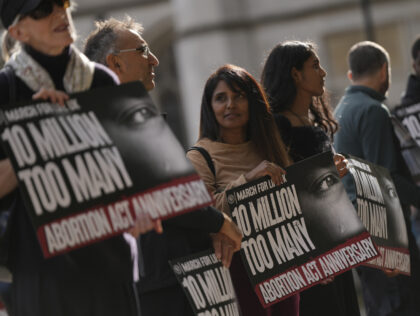
UK’S ABORTION Law IGNITES Fiery Debate Over Free Speech and Safety
— A new law in England and Wales bans protests within 150 meters of abortion clinics, aiming to protect women from harassment. Similar measures have been enacted in Scotland and Northern Ireland. The law penalizes those obstructing or influencing individuals seeking abortion services, with offenders facing unlimited fines.
The legislation, part of the previous Conservative government’s Public Order Act, faced delays due to debates over silent prayer protests and a government change in July. The Crown Prosecution Service states that silent prayer near clinics may not always be criminal, leaving police to evaluate each situation individually. Anti-abortion groups argue this infringes on religious freedom, while pro-choice advocates claim such demonstrations can intimidate women entering clinics.
In March 2023, lawmakers rejected a proposal by some conservatives to allow silent prayer within buffer zones explicitly. This decision leaves room for legal challenges as both sides prepare for potential court battles over the interpretation of these rules. Crime and Policing Minister Diana Johnson expressed confidence that the new safeguards will help women feel safer accessing essential services without fear of intimidation or distress.

NEBRASKA COURT Upholds Abortion And Gender Care BAN: Aclu Loses Fight
— Nebraska’s LB574, combining the Let Them Grow Act and Preborn Child Protection Act, was upheld by the state’s highest court. The bill initially faced a filibuster but was revised to include a ban on gender-affirming treatment for children. The ACLU sued, claiming it violated the single-subject rule, but the court disagreed.
Chief Justice Mike Heavican stated that both abortion and sex-change procedures fall under medical care, satisfying the single-subject requirement. He emphasized that as long as a bill has one general objective and its title reflects its content, it does not violate constitutional rules.
Justice Lindsey Miller-Lerman dissented strongly, accusing the majority of hypocrisy based on a 2020 ruling against medical marijuana legalization for violating the same rule. ACLU attorney Matt Segal argued that abortion and transgender care were separate issues until combined out of necessity by legislators.

SUPREME COURT Shocker: Emergency Abortions Allowed in Idaho
— The Supreme Court is set to permit emergency abortions in Idaho when a pregnant patient’s health is at serious risk. A draft opinion briefly posted on the court’s website indicates a 6-3 vote to reinstate a lower court order allowing such procedures. Conservative Justices Thomas, Alito, and Gorsuch dissented.
Justice Ketanji Brown Jackson noted that this decision does not resolve the core issues of Idaho’s strict abortion ban. She emphasized that today’s ruling is merely a delay, not a victory for pregnant patients in Idaho. The case will continue at the 9th U.S. Circuit Court and may return to the Supreme Court later.
The Supreme Court acknowledged an inadvertent posting of the document and stated that an official opinion would be issued “in due course.” This development leaves many key questions unanswered, prolonging uncertainty around Idaho’s abortion laws.

OKLAHOMA Court BLOCKS First Religious Charter School
— The Oklahoma Supreme Court halted the establishment of the first publicly funded religious charter school in the U.S. The court ruled that the Statewide Virtual Charter School Board’s approval of St. Isidore of Seville Virtual Charter School violated both state and federal constitutions. This decision is a setback for conservatives and Governor Kevin Stitt, who have supported religious involvement in public education.
Justice James Winchester stated that under Oklahoma law, charter schools must be nonsectarian, making it unconstitutional for St. Isidore to operate as a Catholic school with public funding. The ruling emphasized that public schools cannot evangelize or promote religious curricula while receiving state sponsorship.
Supporters of the school had hoped recent U.S. Supreme Court decisions would allow more flexibility for public funds to go to religious entities. Conservative states like Louisiana have already pushed for more religious content in public schools, such as posting the Ten Commandments in classrooms and teaching the Bible.
In response to the ruling, the Archdiocese of Oklahoma City and Diocese of Tulsa announced they will “consider all legal options.” This case will likely continue to be a focal point in debates over religion’s role in publicly funded education systems across America.
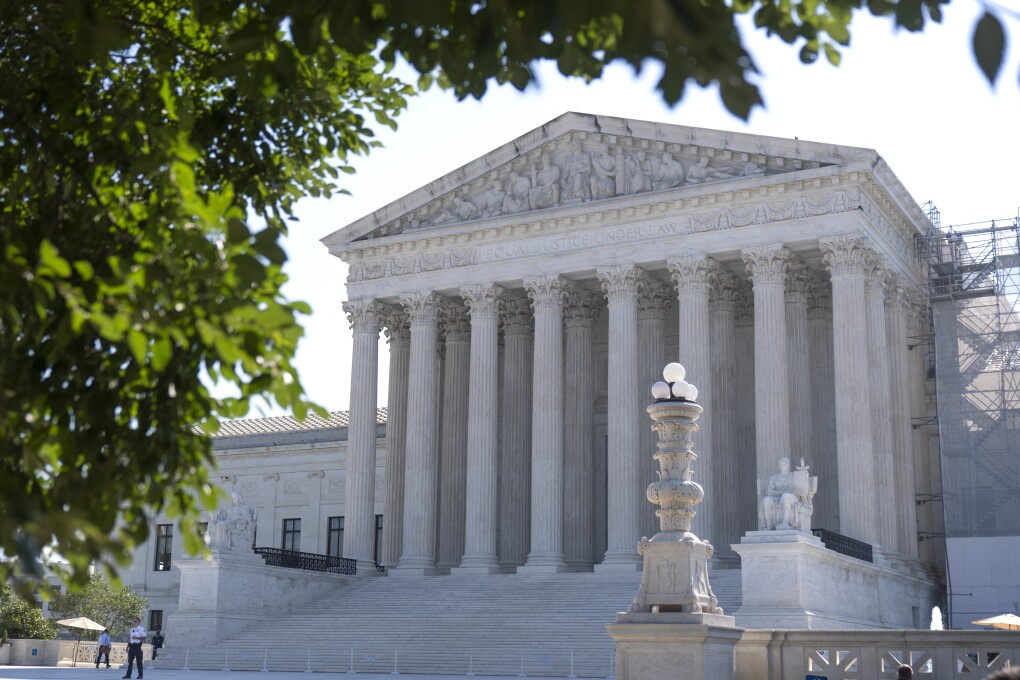
— US Supreme Court Upholds Access to Abortion Pill Mifepristone The US Supreme Court decision ensures continued availability of the abortion pill mifepristone, a key method for terminating pregnancies
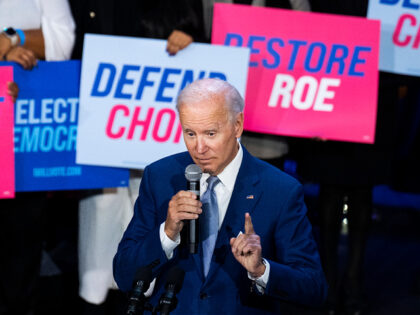
BIDEN’S SACRILEGIOUS Act at Florida Rally Sparks Outrage
— Bishop Thomas Paprocki criticized President Joe Biden for making the sign of the cross at a Florida abortion rally, calling it “sacrilegious” and a mockery of Catholic faith. This incident occurred as Biden stood beside Nikki Fried, who was criticizing Florida’s six-week abortion limit.
The sign of the cross is deeply revered in Catholicism as it symbolizes respect for Christ’s death and belief in the Holy Trinity. Bishop Paprocki argued that by using this gesture during an abortion rights speech, Biden blatantly contradicted these sacred beliefs.
On a diocesan podcast, Bishop Paprocki further highlighted that Biden’s public support for abortion directly opposes the Fifth Commandment, which forbids murder. His remarks have ignited widespread debate and backlash across various online platforms.
The bishop’s condemnation points to a broader conflict between political actions and religious convictions, stirring intense discussion among both supporters and critics of President Biden’s stance on abortion rights.
— Supreme Court Examines State Abortion Ban Impact Post-Nationwide Overturn The Supreme Court is reviewing the effects of a state abortion ban following the overturn of the national right to abortion

TITLE IX Overhaul Sparks Outrage: Accused Students Lose Crucial Protections
— The Biden administration has introduced new Title IX regulations, bolstering protections for LGBTQ+ students and victims of sexual assault on campus. This change, fulfilling a promise by President Joe Biden, reverses the policies set by former Education Secretary Betsy DeVos which had granted additional rights to students accused of sexual misconduct.
The updated policy notably excludes provisions concerning transgender athletes, a contentious issue. Initially aimed at preventing outright bans on transgender athletes, this aspect was postponed. Critics suggest the delay is a tactical move during an election year as Republican resistance to transgender athletes competing in girls’ sports grows stronger.
Victims’ advocates have praised the policy for creating safer and more inclusive educational environments. However, it has drawn sharp criticism from Republicans who contend it strips away fundamental rights of accused students. Education Secretary Miguel Cardona stressed that education must be free from discrimination, ensuring no student faces bullying or discrimination based on their identity or orientation.
Overall, while the intention behind these revisions is to foster inclusivity and safety in educational settings, they have ignited significant controversy over fairness and due process for all students involved in disciplinary actions related to sexual misconduct allegations.
— Supreme Court Rejects States’ Efforts to Bar Trump Under 14th Amendment, Fueling Election Uncertainty The Supreme Court ruling dismisses state attempts to block Trump’s candidacy under the 14th Amendment, potentially leading to increased electoral ambiguity

SECOND AMENDMENT Assault: California’s Public Gun Ban Rolls OUT Despite Legal Firestorms
— As the New Year dawns, a contentious California law banning firearms in most public places is set to take effect. This move comes hot on the heels of a U.S. district judge’s ruling on December 20, declaring that the law infringes upon the Second Amendment and citizens’ rights to self-defense.
The district judge’s verdict was momentarily stalled by a federal appeals court, paving way for the law’s enactment while legal battles rage on. Lawyers are gearing up to present their cases before the 9th Circuit Court of Appeals in January and February.
Spearheaded by Democratic Governor Gavin Newsom, this controversial law prohibits concealed carry in 26 locations such as public parks, churches, banks, and zoos — irrespective of permit status. The only loophole is for private businesses that explicitly permit firearms within their boundaries.
Newsom hailed the appeals court’s decision on X (formerly Twitter), asserting it maintains 'common-sense gun laws’ during appeal processes. However, dissenting voices like U.S. District Judge Cormac Carney contend that this sweeping legislation is “repugnant to the Second Amendment,” and flouts Supreme Court precedent.

TEXAS STRIKES Back: Governor Abbott Signs Tough Laws to Tackle Illegal Immigration
— Texas Governor Greg Abbott has enacted three stringent laws aimed at halting illegal immigration. These laws, passed in two special sessions this fall, are part of a broader strategy to stem the tide of migrants from Mexico. The governor announced on Twitter that unlawful entry into Texas is now a crime with potential penalties including deportation or imprisonment.
The bill signing event in Brownsville saw the attendance of Lieutenant Governor Dan Patrick and National Border Patrol Council President Brandon Judd among other border officials. However, House Speaker Dade Phelan was conspicuously absent. Senate Bill 4 from the fourth special session criminalizes unauthorized entry into Texas from foreign countries.
This state legislation mirrors federal statute Title 8 of the United States Code 1325 but takes it a step further by allowing for sentences up to two decades for violators. It also includes mechanisms for deporting offenders back to their home countries and offers legal protection to local and state officials enforcing these rules. Critics claim that current federal immigration laws are not being sufficiently enforced under the present administration.
With these new measures — including funding for wall construction and harsher penalties for human smuggling — Texas is

TEXAS Supreme Court DISMISSES Abortion Challenge: Pregnant Woman with Fetal Anomaly Forced to Leave State
— Kate Cox, a pregnant woman from Texas, found herself in a dire situation when her unborn child was diagnosed with trisomy 18 — a fatal condition. With the state’s strict abortion ban in place, she had no choice but to leave Texas and seek an abortion elsewhere. This happened just before the Texas Supreme Court rejected her challenge against the stringent abortion legislation.
Cox spent nearly a week trying to get court approval for ending her pregnancy due to health risks and potential fertility issues in the future. However, Attorney General Ken Paxton argued that Cox didn’t provide enough evidence that her pregnancy complications were life-threatening.
Even after leaving Texas, Cox’s case was dismissed by the state Supreme Court. The court ruled that while Cox’s pregnancy complications were severe, they didn’t pose an immediate threat to her life as required by law for an exception.
The Center for Reproductive Rights represented Cox during this ordeal. They reported that she had been frequently visiting emergency rooms due to health concerns related to her pregnancy. However, they did not reveal where she eventually went for the procedure.

Video
NEWSOM ORDERS Homeless Camps Removed After Supreme Court Ruling
— California Governor Gavin Newsom issued an executive order Thursday directing state agencies to remove homeless encampments. This follows a Supreme Court ruling allowing cities to enforce bans on sleeping outside in public spaces. The order targets the numerous tents and makeshift shelters lining freeways, parking lots, and parks across the state.
Newsom emphasized that local authorities retain the decision-making power to remove these encampments. However, his administration can pressure localities by withholding funds if they fail to act. “There are simply no more excuses,” Newsom stated, urging collective action.
California hosts about one-third of the nation’s homeless population, a persistent issue for Newsom since taking office. Despite spending $24 billion on cleanup and housing efforts, results have been mixed, with recent audits criticizing inconsistent tracking of improvements.
Earlier this year, Newsom supported a ballot measure to borrow nearly $6.4 billion for building 4,350 housing units — a measure that narrowly passed. His administration continues to face scrutiny over effectively addressing homelessness despite significant financial investments.


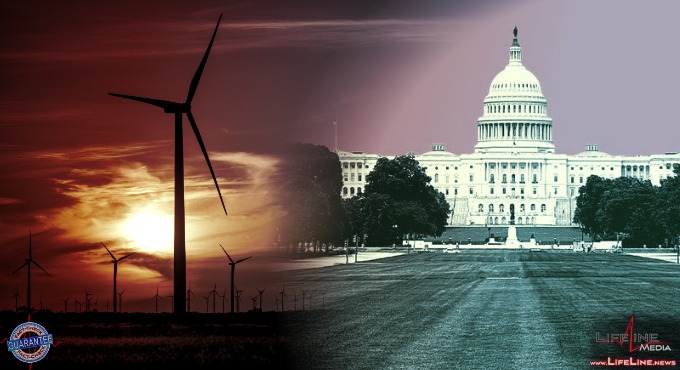
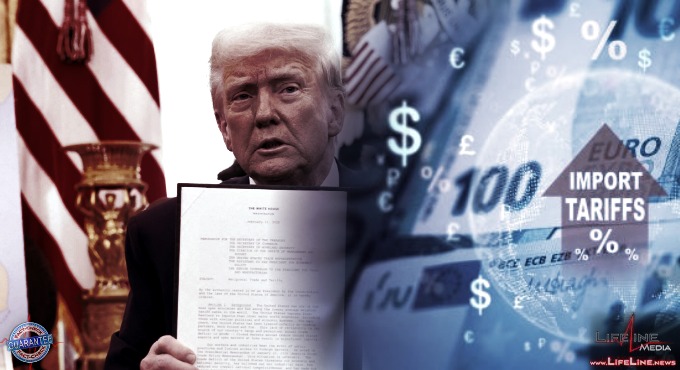
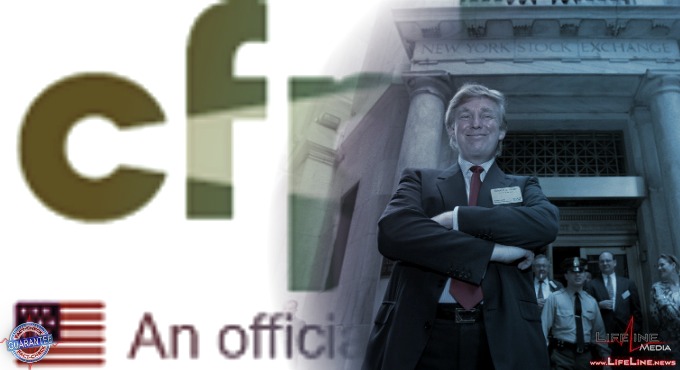



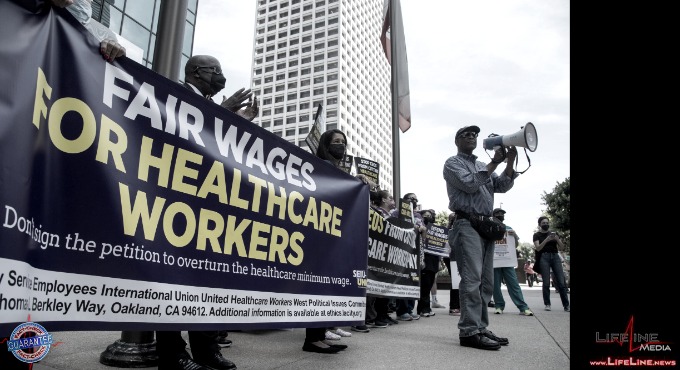
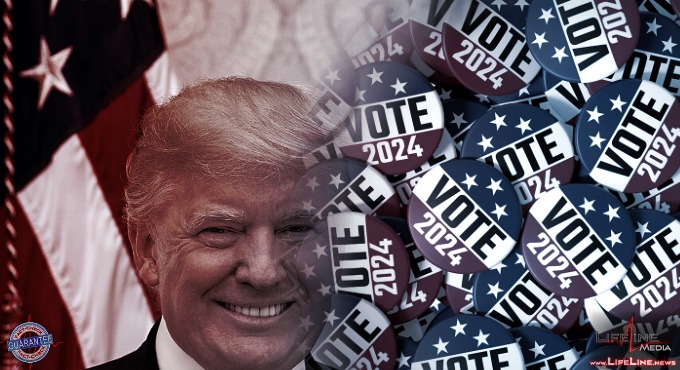

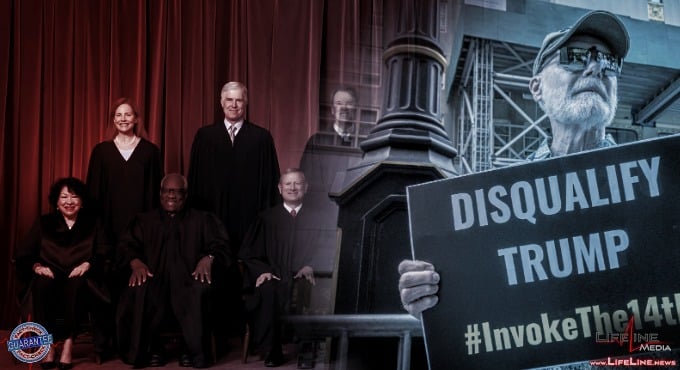



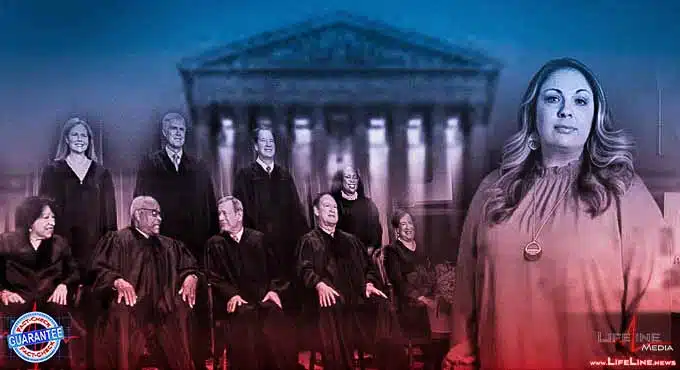
Social Chatter
What the World is SayingWe need term limits for members of Congress. Florida has already certified a proposed amendment under Article V of the U.S. Constitution, and other states are poised to follow suit. Today,...
. . .Thanks to our insistence that we enact immigration enforcement legislation earlier this year, Florida has put more enforcement wins on the board than any other state in the nation. We have...
. . .Governor Ron DeSantis Celebrates Measures to Keep Florida Free
. . .Governor Ron DeSantis Celebrates Measures to Keep Florida Free
. . .Last month, France nearly banned encryption. A law requiring messaging apps to implement a backdoor for police access to private messages was passed by the Senate. Luckily, it was shot down...
. . .